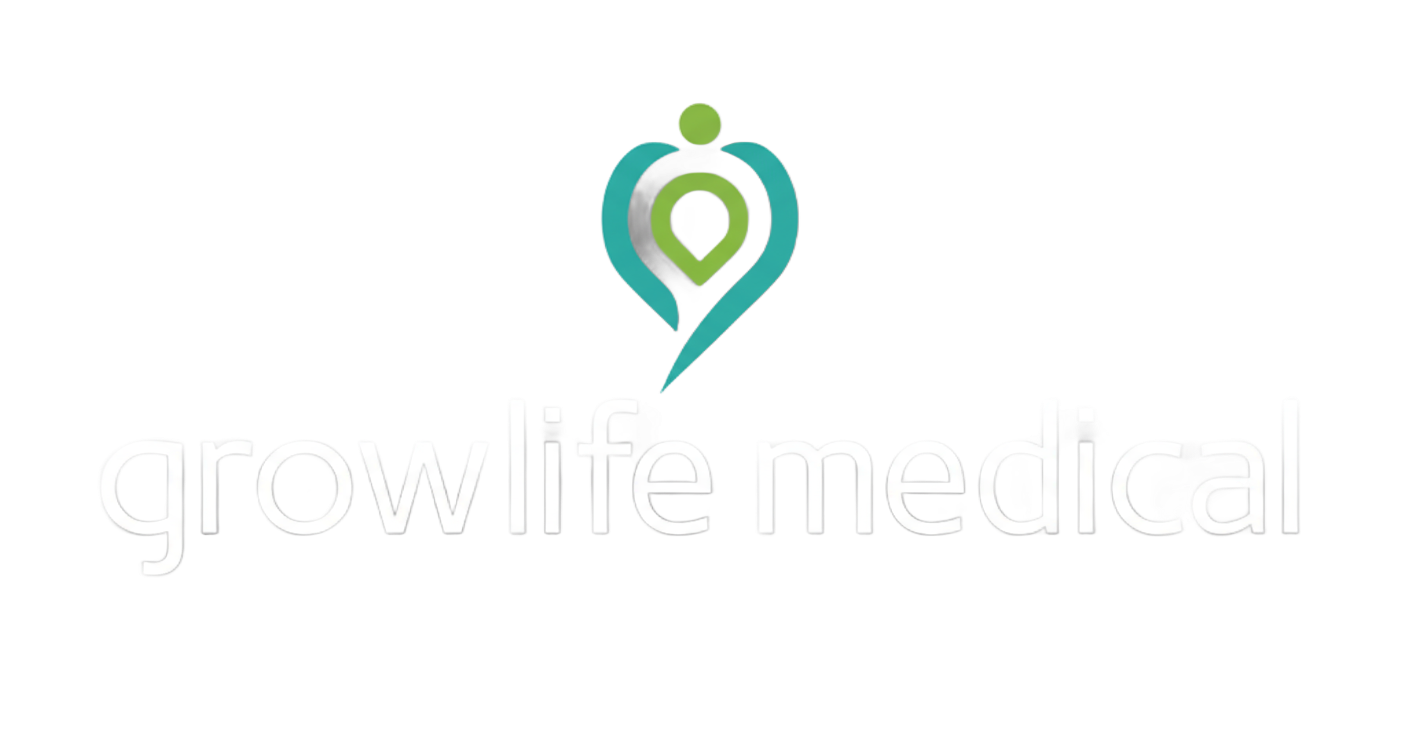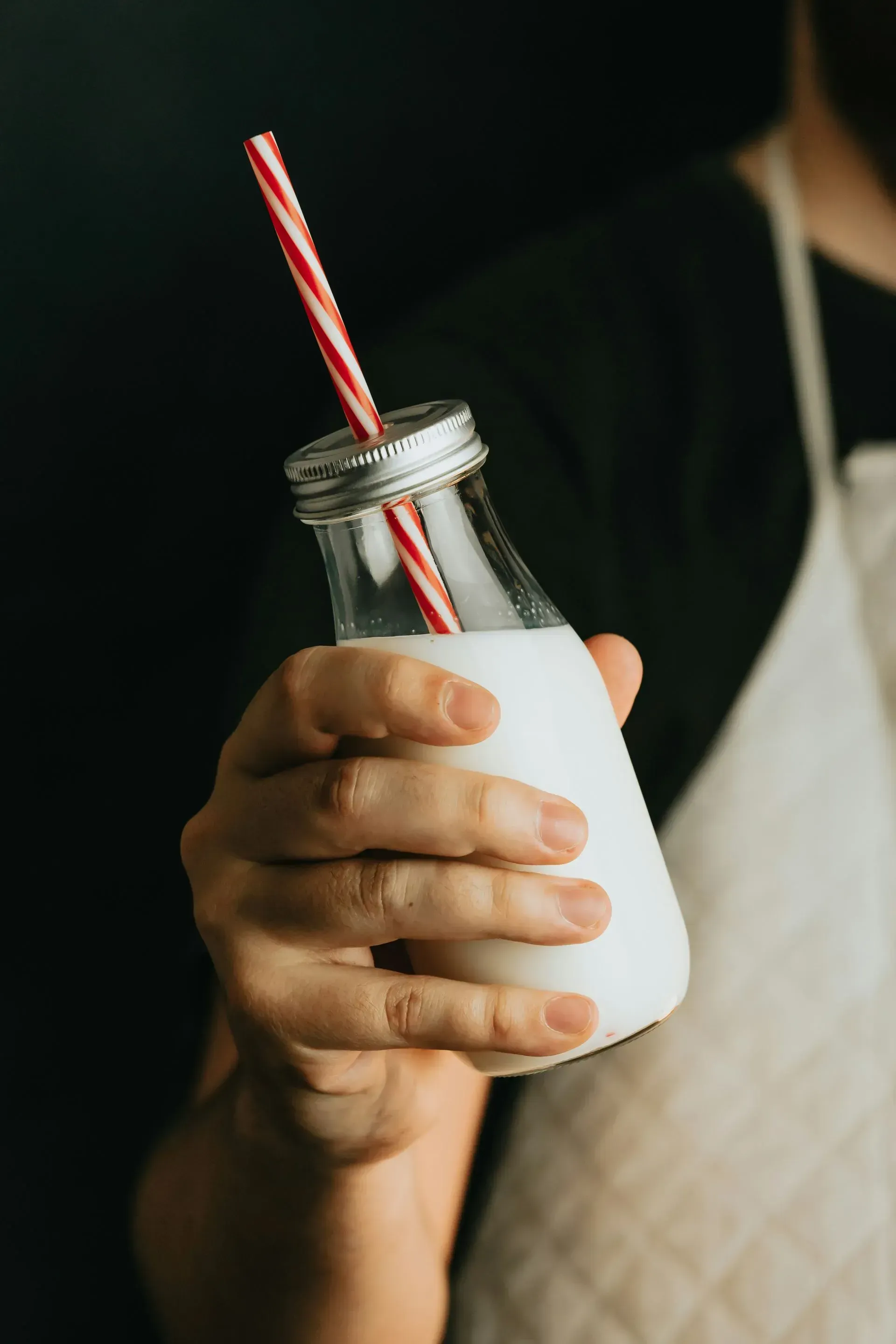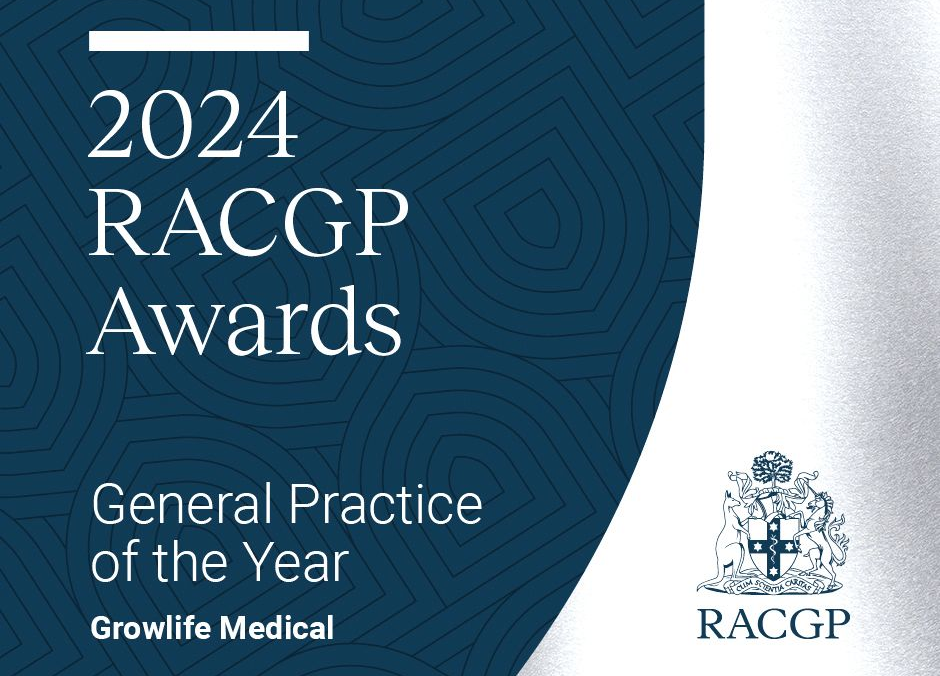Debunking Common Myths About Weight Loss: Separating Fact from Fiction
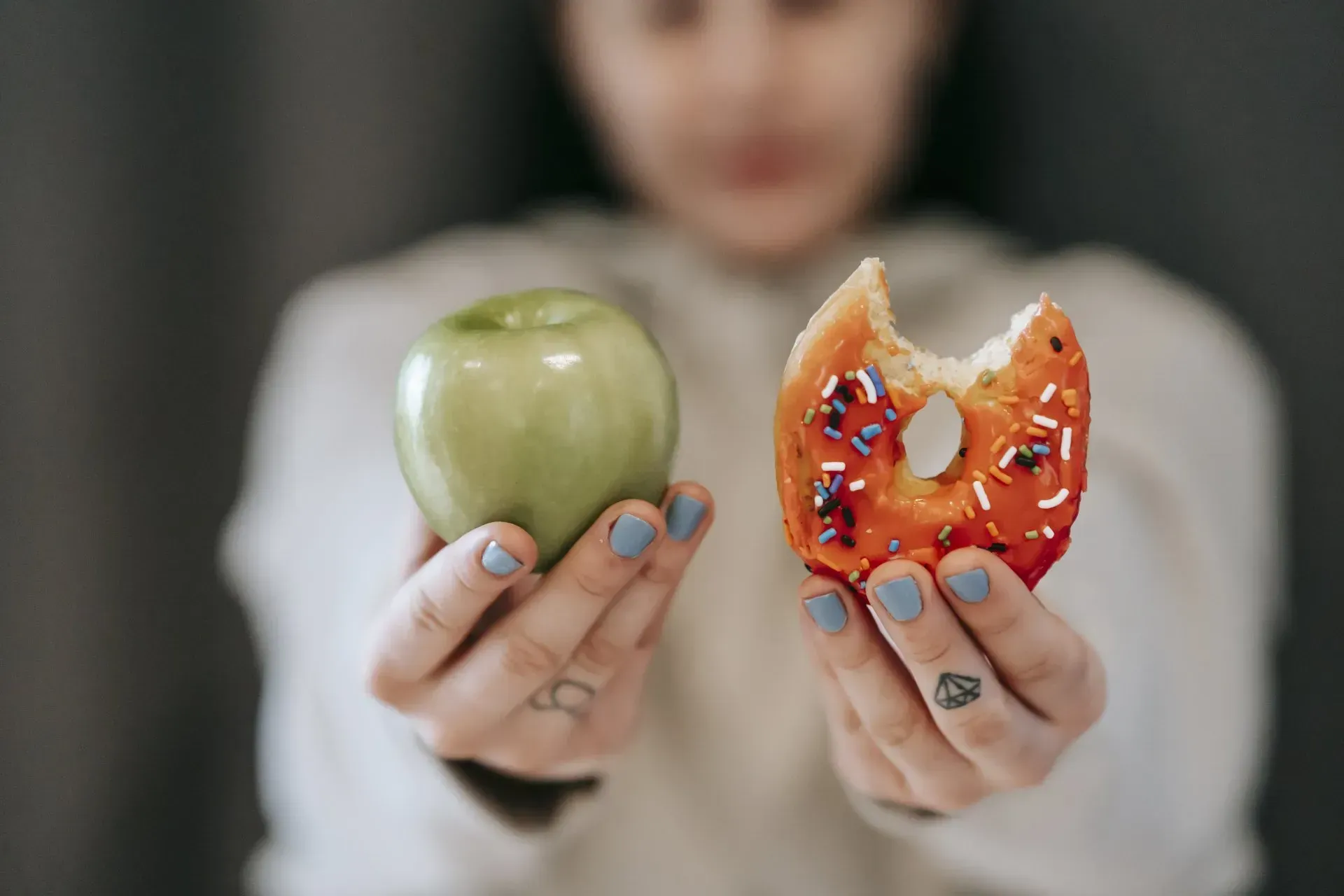
I was on a cruise over Christmas and they hosted a seminar called “how to get a flat belly”. The name alone was already a bit of a red flag to me - implying a ‘flat belly’ is the most desirable body shape and you need to be let in on this big secret if you want your body to look like this. So, purely out of interest and curiosity, I attended. I remained hopeful it would be nutritionally sound and evidence-based, but unfortunately this was not the case at all. Long story short, it was absolute rubbish. The presentation was delivered by a PERSONAL TRAINER (yes, personal trainer, not dietitian), it was not scientifically correct- saying to have a ‘flat belly’ we need to take this expensive algae supplement every day for the rest of our lives to ‘detox’ our body (despite the primary role of our liver being to do exactly that), and severely lacked broader contextual understanding on how the body works and what influences weight status. At the end of the session, it was really disheartening and sad to see all of the attendees opening their wallets and ‘falling victim’ to what I would really call a scam.
The team at Growlife wants to provide clarity on all of the confusion out there and give our community the power and ability to judge what is a legitimate health intervention and what is a bit of a rip-off. Keep reading to debunk some common weight loss diets and learn how to separate the fact from the fiction!
1. Liquid Diet
While a liquid diet may seem like a quick and easy way to cut calories and lose weight, I would argue it is not a sustainable or healthy approach in the long-term. Liquid diets often involve consuming only shakes, smoothies, or soups for every meal, which can lead to nutrient deficiencies and a lack of fiber. Additionally, liquid diets may not provide enough calories for individuals who are active or have higher energy needs. As a result, people may feel tired, hungry, and irritable on a liquid diet, making it difficult to stick to.
What is interesting is liquids are actually easier to consume than food as it doesn’t require our body to use as much energy to break it down. Liquids are also less likely to make us feel full and satisfied after, meaning if you are not strictly monitoring your calorie intake, you may consume more calories than you otherwise would if you just ate regular food. As a matter of fact, for this reason liquid calories can come in handy when someone is trying to gain weight.
Ultimately, the reason why strict portion-controlled liquid diets can lead to weight loss is because of a CALORIE DEFICIT. When individuals return to their regular eating habits after completing a liquid diet, they are likely to regain any weight lost as they have not learnt or implemented any long-term behaviour changes.
2. Skipping meals
Skipping meals may seem like a good idea for weight loss, but it can actually have negative effects on your body. While it is true fasting can lead to benefits with regards to longevity and healthy ageing, skipping meals here and there may confuse our metabolic rate. When you regularly skip meals, your body interprets this to mean you have no food around you, and so thinks it will be doing you a favour if it slows down your metabolism and conserves fat. This can actually make it even trickier for you to lose weight.
Skipping meals can also lead to overeating later in the day when you finally do eat, as well as cravings for high-calorie, unhealthy foods. The consequence of this is, of course, that you are putting yourself at risk of eating more calories than if you were to otherwise just eat regularly throughout the day. If you are skipping meals and also not overeating at other mealtimes, again, it would be because you are in a CALORIE DEFICIT.
Additionally, skipping meals can lead to nutrient deficiencies, which can negatively affect your overall health and well-being in many different ways. It may also isolate you from different social events such as brunch with your friends, an important work lunch, or date night with your partner. To achieve sustainable weight loss, it's important to maintain a balanced, healthy diet and to eat regular meals throughout the day.
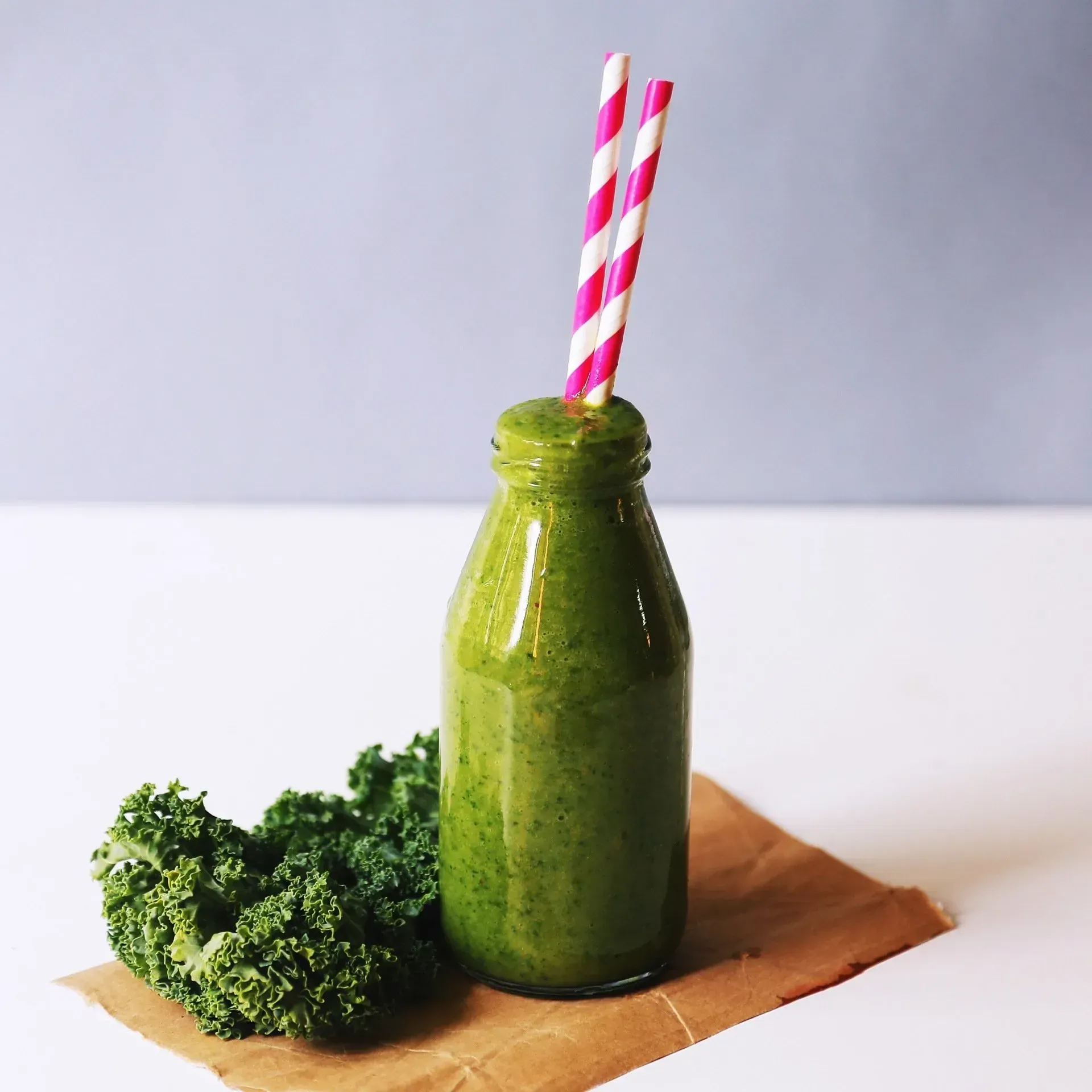
3. Low-carb diet
A low carbohydrate diet may not be as effective for weight loss as it seems. While reducing carbohydrates in the diet can lead to weight loss in the short-term, this diet is often restrictive and difficult to maintain over the long-term, which can lead to feelings of deprivation and binge eating. It is also important to note one of the primary reasons we see a quick drop in weight when following this diet is purely due to a decrease in water retention. For every gram of carbs stored in your body, you also store 3-4g water. So, it should come as no surprise that if we decrease our carb intake and therefore have less carbohydrates stored in our body, there will of course be a drop in water weight. Yes, that’s right- water, not fat.
Moreover, low carbohydrate diets are more prone to being higher in saturated fats, which can increase the risk of heart disease, stroke, and other health problems. All of the energy our body needs to fuel us through our days comes from the 3 macronutrients- carbs, fat, and protein. If we decrease our carbohydrate intake, it is usually paralleled by an increase in protein and fat, and fat has double the energy density of carbohydrates. The implication again being it may actually increase your chances of unknowingly ending up in a calorie surplus. However, if you are just essentially cutting out 1 of 3 macronutrients and not increasing intake of protein or fat, the primary reason you would be losing weight is again (I think I am starting to sound like a broken record) due to a CALORIE DEFICIT.
We could spend all day discussing why our body needs carbs and why carbs are definitely not the enemy, but we might wrap this point up here! A balanced diet that incorporates a variety of nutrients, including carbohydrates, can promote sustainable weight loss and overall health.
4: Very low-calorie diet
A very low-calorie diet involves eating 800 calories per day or less. It should be noted there are certain circumstances where this diet may be useful in the short-term, such as preparation for particular surgeries, or as a means to ‘kickstart’ weight loss when experiencing a plateau. However, this should only be undertaken with close guidance and monitoring from your GP and dietitian.
While it may seem like a promising way to lose weight quickly, similar to all other approaches we have discussed so far, its long-term effectiveness is questionable. Drastically reducing calorie intake can cause the body to slow down its metabolic rate to conserve energy, which means that burning calories can actually become harder over time. Additionally, a very low-calorie diet often results in nutrient deficiencies, which can lead to health problems such as fatigue, muscle loss, and weakened immune function.
Of course, if you are decreasing your energy intake by over half, you would expect to quickly lose weight. Why is that? You guessed it, because you are in a CALORIE DEFICIT. Although it may be tempting to try extreme dieting, it is important to remember that losing weight in a safe and sustainable way involves eating a varied diet that provides enough nutrients and calories to support healthy weight loss.
Weight Loss Medication Myths: A word from a pharmacist:
It seems that every time we turn on the TV or look at social media we are bombarded with advertisements or endorsements for weight loss products. The current social (and mainstream) media storm surrounding a certain injectable medication (originally intended for patients living with diabetes) is another example of this.
What we have seen with this product is arguably successful weight management for many people, but this must be balanced against the possibility of side effects. Success with this medication also stems from the individual managing their dietary and exercise habits. Many users of this product find that the medication suppresses their appetite, which means their food intake is far less than before, again creating a CALORIE DEFICIT leading to weight loss. When the medication is stopped, and normal eating habits resume, often weight gain will occur. Unfortunately, it may not be the “wonder drug” that we were all hoping for.
Other medication options for weight management are limited by side effects – from mood changes and racing heart with some drugs to distressing gastro-intestinal effects with others.
It is no wonder then, that individuals may turn to herbal options that we see advertised online. Again, despite wild claims of success in helping us shed the kilos, we often experience minimal weight loss results. The medical literature describes very little, and often no evidence of benefit for these complementary products. Whilst many may not appear to cause harm (except to your bank balance), it is possible that some herbal products may interact with your prescription medicines, or have opposing effects. Always ensure that you discuss any complementary therapies with your GP or pharmacist so they can help you to make a safe decision.
If you would like to read more about the difference between approved and unapproved weight loss products, please see this resource from the Therapeutic Goods Administration.
It is generally accepted by the medical community that diet and exercise measures achieve the most significant long-term results, with health habits that we may continue across a lifetime.
As always, any decision around prescription of medications for an individual is made by the patient’s regular General Practitioner. If you are interested in discussing weight loss options further, please book an appointment with your Growlife Medical GP here.

Concluding thoughts
After discussing all of these “easy ways to lose weight” that often times are advertised to seem as though they are magic, I am hoping you are now starting to see some common themes. First and foremost, weight loss is achieved by a calorie deficit. Why would we want to put ourselves through these awful diets when we can just be mindful of the quality and quantity of food we are eating? Secondly, rapid weight loss isn’t all it's cracked up to be and can actually make it more challenging for you to sustainably lose weight in the future. Lastly, one key and absolutely critical element to long-term weight loss is behaviour change; unlearning old habits and shifting your mindset. Surprisingly (or not so surprisingly), this is not a focus of any of the aforementioned diets; including the algae detox supplement from my cruise!
From here, Growlife encourages and recommends you:
- Check the source of the information. Are they credible? Is it within their scope of practice to comment on it? Is there a possible conflict of interest that may be influencing what they say/recommend?
- Always consider the pros AND CONS of a particular medication/supplement.
- Be cautious of companies promoting products and remember it is literally their job to persuade you into thinking you need the product! Unfortunately, their priorities are sometimes not in the right place (eg. Profit $$ versus improving community health). There are also lots of labelling loopholes they can jump through. For example, has a clinical trial actually been done to show this supplement ‘gives you a flat belly’?
Want to find out more?
If you are unsure whether you have a healthy or suitable weight for your age, height, or other health conditions, then book an appointment with your doctor, as they are best placed to advise and direct you. If you are in the 45–49 year-old age bracket and are wondering if your weight is having a negative influence on your health, book in for a health check here.
If you are interested in weight management group sessions, book here.
Finally, if you are wanting a more personalised approach to your weight loss, book an appointment with a Growlife Dietitian.
Disclaimer
It is important to note that the above information is very generalised. The complexities and the ‘ins and outs’ of these weight loss approaches are complicated and their effectiveness at improving health has only been discussed through a weight management lens.
